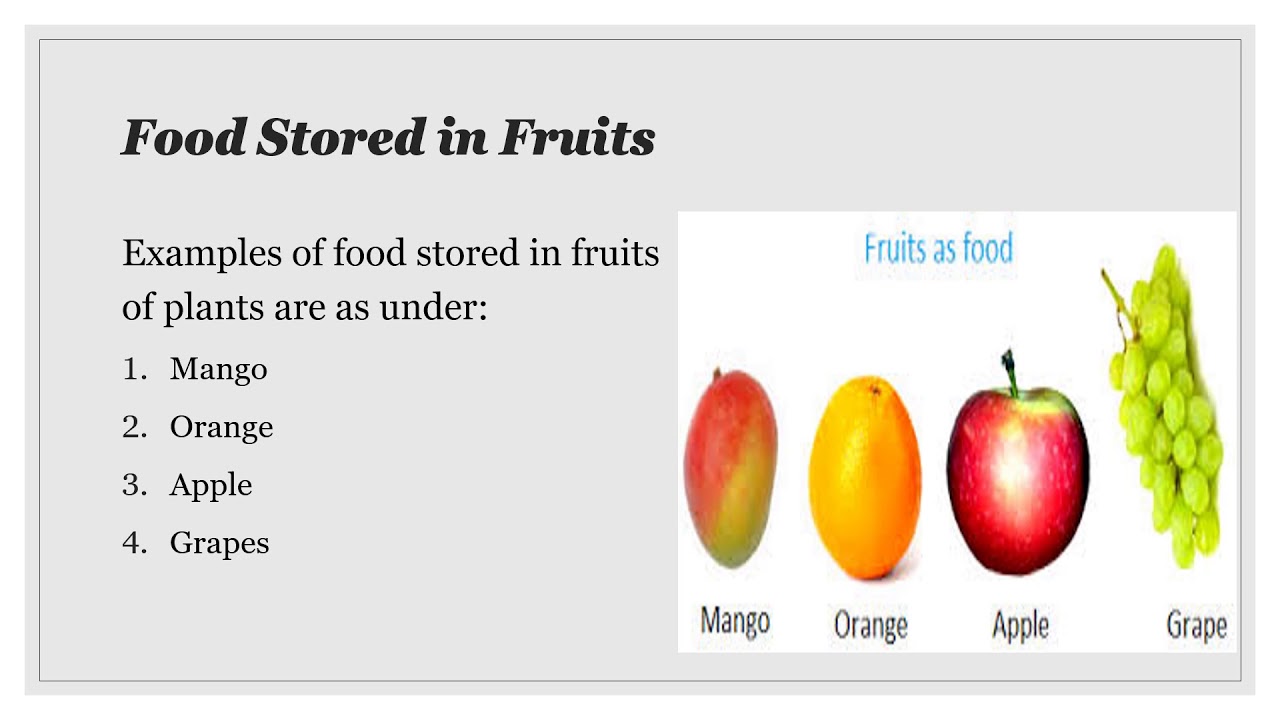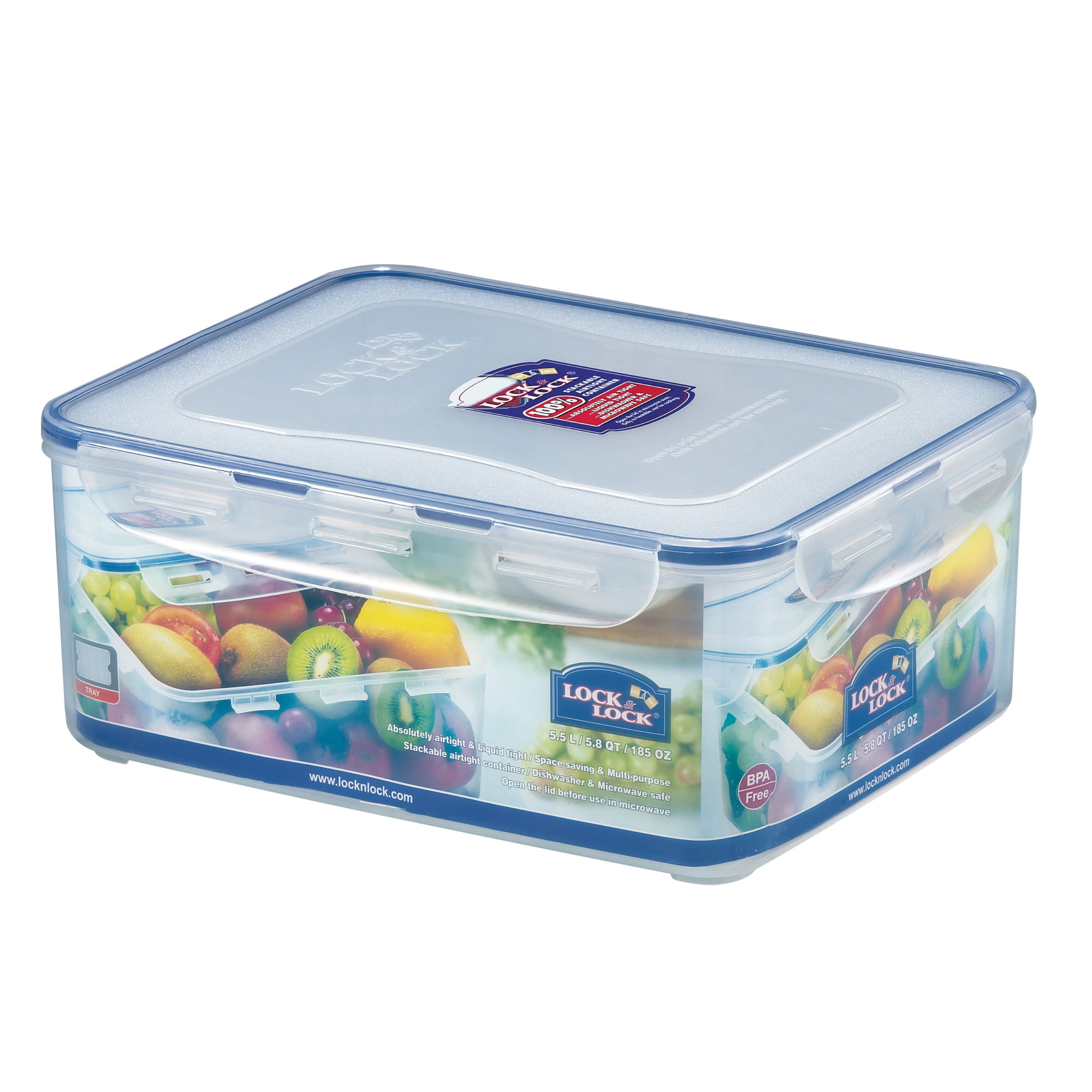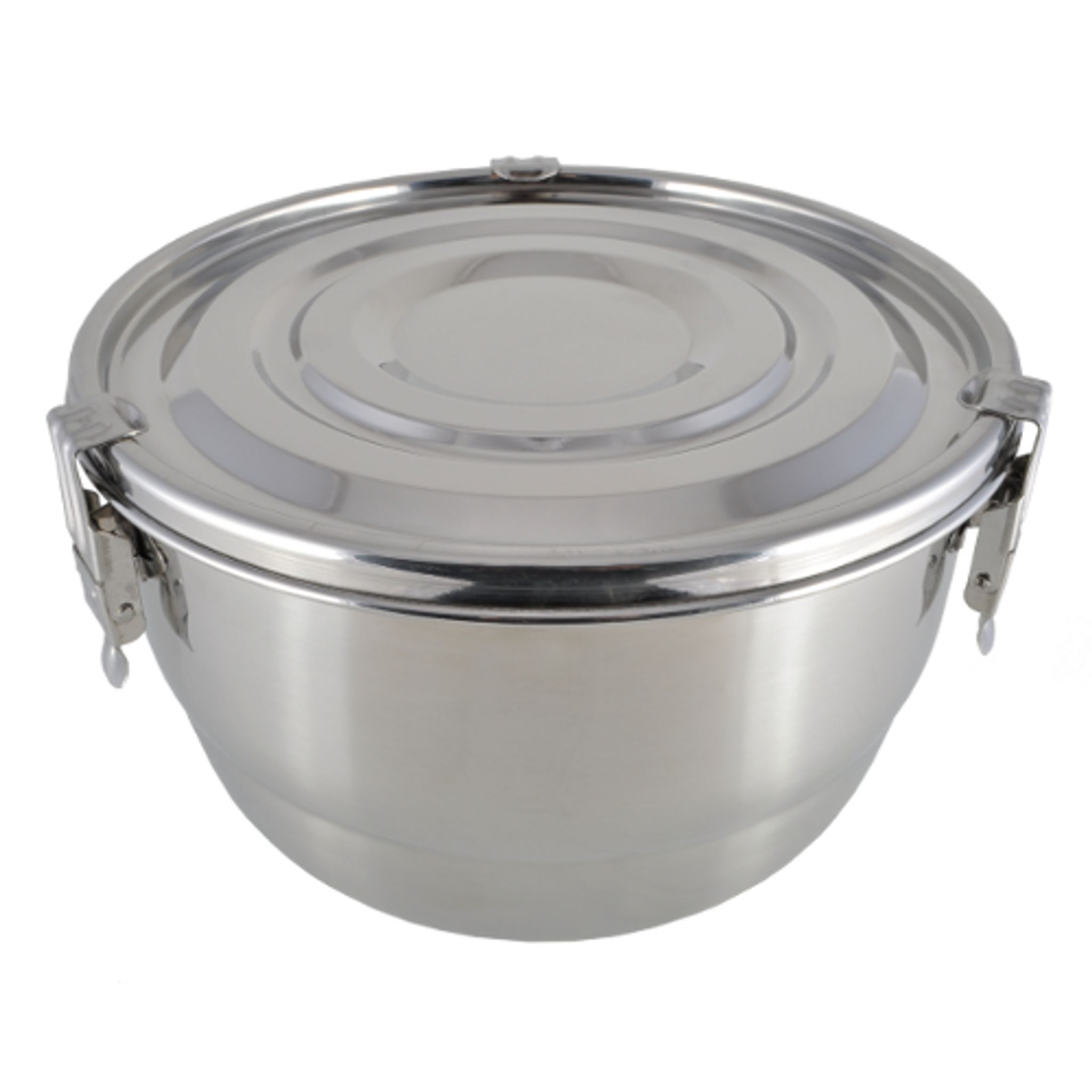Can Racks for Food Storage: A Comprehensive Overview
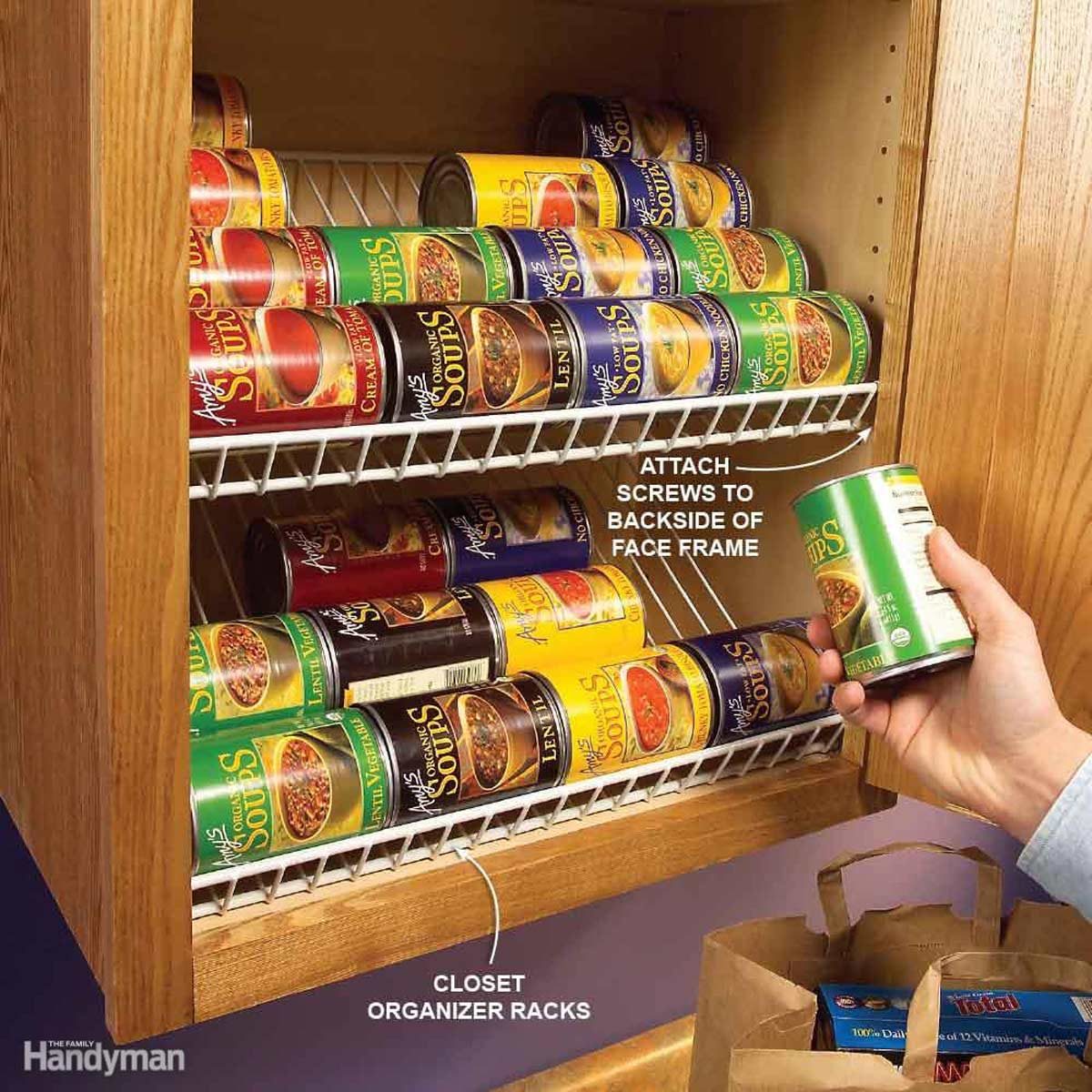
Can racks are essential tools for organizing and storing canned foods in various settings, including homes, pantries, restaurants, and warehouses. They provide numerous benefits that ensure efficient storage, easy access, and extended shelf life of canned goods.
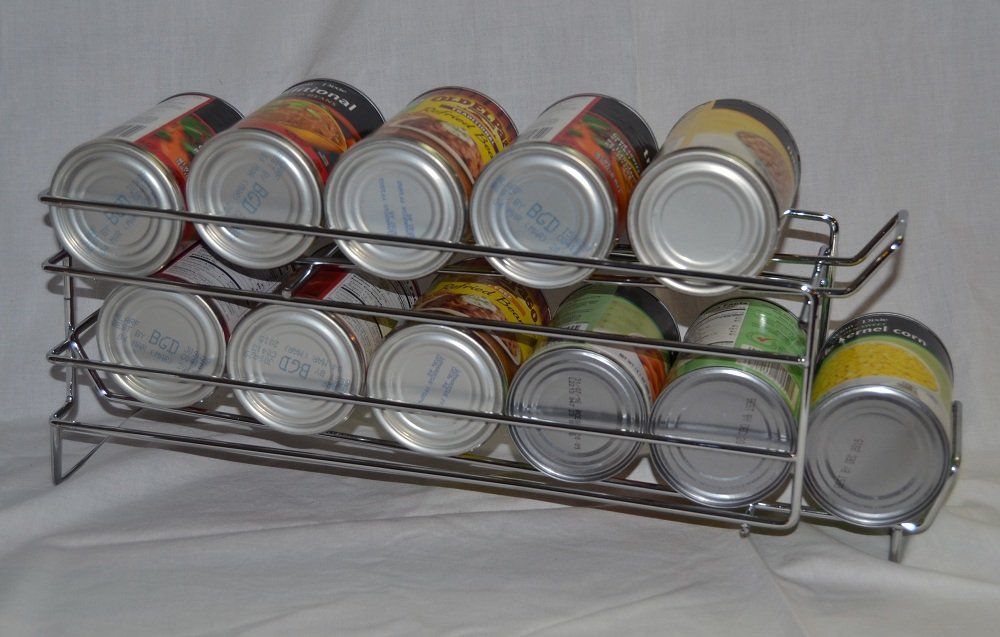
Organization and Space Utilization:
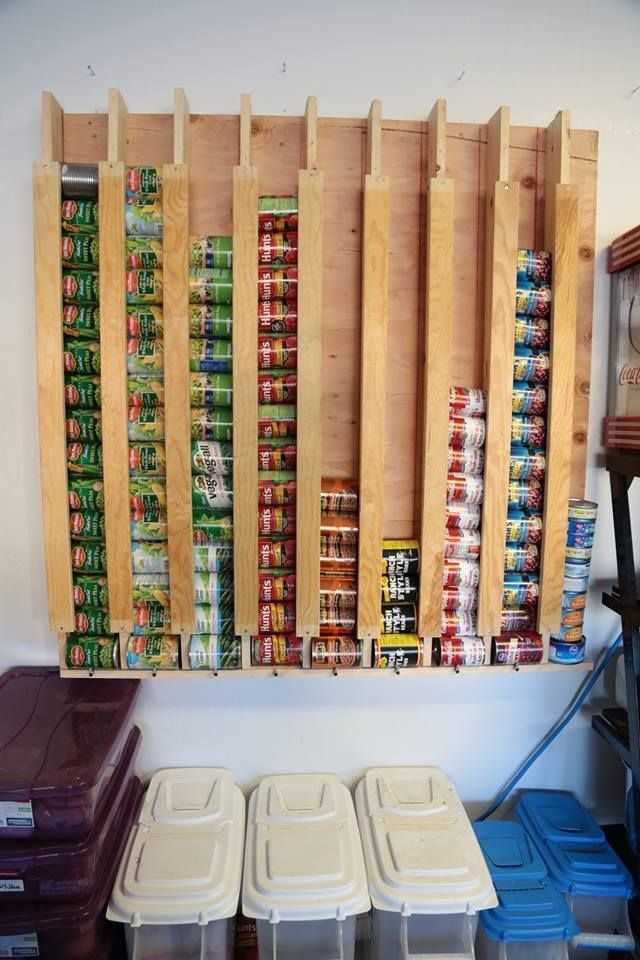
Can racks offer a systematic way to organize and store canned foods. They help segregate different types of canned goods, making it easier to locate specific items quickly. Additionally, can racks utilize vertical space effectively, maximizing storage capacity while minimizing the footprint. This is particularly useful in small kitchens, pantries, and storage areas where space is limited.
Accessibility and Visibility:
Can racks elevate canned foods, making them more visible and accessible. This eliminates the need to dig through piles of cans or rummage through shelves to find the desired item. The visibility provided by can racks also helps identify expiring cans, ensuring timely consumption and minimizing food waste.
Improved Air Circulation:
Can racks promote proper air circulation around canned foods, preventing moisture buildup and the formation of mold or bacteria. This factor is crucial in maintaining the quality and safety of canned goods during long-term storage. It also helps prevent rusting of cans, extending their lifespan.
Durability and Versatility:
Can racks are typically made from durable materials such as metal, plastic, or wire mesh, ensuring their sturdiness and longevity. They can withstand the weight of multiple cans and are designed to prevent bending or sagging. Additionally, can racks come in various sizes, shapes, and configurations, allowing them to accommodate different can sizes, types, and quantities.
Stackability and Mobility:
Many can racks feature stackable designs, enabling users to create vertical storage systems that maximize available space. This feature is particularly useful in warehouses, restaurants, and other commercial settings where large quantities of canned foods are stored. Some can racks also come with wheels or casters, providing mobility for easy transportation and rearrangement, making them ideal for use in busy kitchens or during pantry reorganization.
Cost-Effective and Aesthetically Pleasing:
Can racks represent a cost-effective solution for organizing and storing canned foods. They are available in a wide range of styles, from simple and functional to decorative and aesthetically pleasing designs. This flexibility allows users to choose can racks that match their personal preferences and kitchen or storage area décor.
In summary, can racks offer numerous advantages for food storage, including organization, space utilization, accessibility, visibility, improved air circulation, durability, versatility, stackability, mobility, and cost-effectiveness. Whether in a home pantry, a restaurant kitchen, or a warehouse, can racks play a crucial role in maintaining food quality, ensuring safety, and facilitating efficient storage and retrieval of canned goods.







